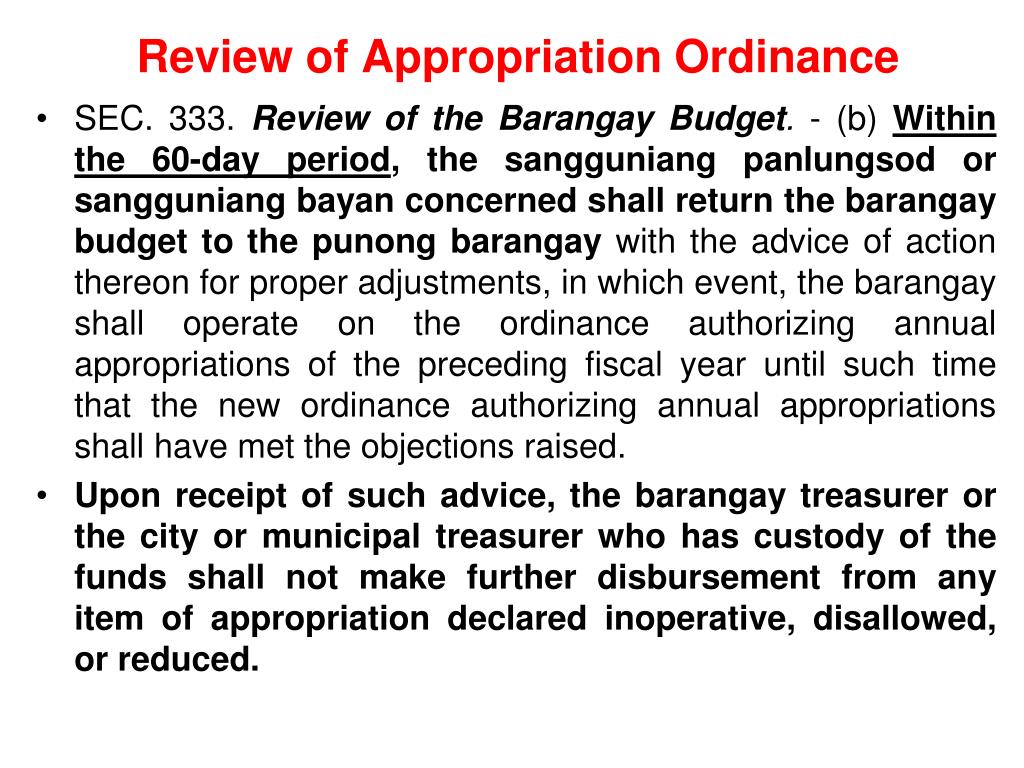

Īlthough there are no internationally-agreed standards in the field of democratic and parliamentary oversight, since security and defence fall under the scope of national sovereignty, as noted by CIDS, some regional standards do exist, such as the OSCE Code of Conduct. Moreover, parliaments also act as a forum for debate. They may also have the power to criticize and amend defence policy itself. As Transparency International (TI) describes, parliaments may scrutinise defence policy by vetoing or voting on proposed additions and amendments to it. One key area of parliamentary oversight is security policy. In general, committees in the defence and security sector focus on matters related to size, structure, organisation, financing, and functioning of the state actors mandated to use force and civil bodies that make decisions about the use of force. These special committees are, generally, established to carry out oversight of the security forces, especially the armed forces and the intelligence services, due to the technical nature of security-related activities and the need to maintain an appropriate level of confidentiality on certain aspects of security policy. Special committees on defence, intelligence, and police can authorise audits and oversee all aspects of security sector institutions’ behaviour. They participate in the organisational decision-making process, budgeting and producing laws and regulations relative to the organisation and behaviour of the security forces.

īonn International Center for Conversion (BICC), points out that parliaments are the central element of the systems that impose civil control over the security forces. It is also the parliament’s responsibility to ensure that laws are fully implemented.

Īccording to CIDS, parliamentary oversight is one of the key democratic means of holding the government to account for its actions. Oversight encompasses ex-ante scrutiny, ongoing monitoring, and ex-post review, as well as evaluation and investigation. Oversight is the process by which transparency translates into accountability and democratic control of the security sector. In sum, oversight is important because it is the glue that holds a democratic system together by ensuring everyone plays by the rules respects others, the system and their own place within that system fulfils their duty in the best possible way and refrains from corrupt practices. Most importantly, oversight guarantees that defence institutions act in the best interest of the nation and carry out their primary duty of providing security to the public and protecting the state form external threat without corrupt deviations. Oversight ensures that state resources are managed efficiently and effectively, the security sector personnel behaves with honour and integrity, mischiefs are detected and corrected, and those who commit them are held accountable. Oversight of the security sector is an essential trait of a solid democratic state. Moreover, non-military Ombuds institutions play a broad oversight role which includes evaluating the quality of the security provided to the citizens by the security sector, as well as the respect of Human Rights and other basic international standards and legislation by the security sector. They address complaints about improper and abusive behaviour in the military as well as the shortcomings in military procedures for corrective action. Additionally, military ombudsmen, who are independent from the military command structure, exercise oversight ensuring that principles and practice of good governance are observed. What is Oversight?ĭemocratic oversight presupposes the active engagement of democratic institutions, principally the parliament and its relevant committees, civil society, the media, the government executive and the security sector itself, in formulating, implementing, monitoring, and reforming security policy. Parliamentarians, audit institutions, inspectors, military and civilian personnel, ombudsmen, special committees, media, interest groups and civil society in general all have the right and the responsibility to contribute to this process. Many actors, internal and external to the Defence and Security Sector, can play a role in overseeing security sector policies, programmes, procedures, planning, budgets, spending, and personnel. Oversight is a crucial component of good security sector governance. Building Integrity Legal Framework & International Standards.


 0 kommentar(er)
0 kommentar(er)
